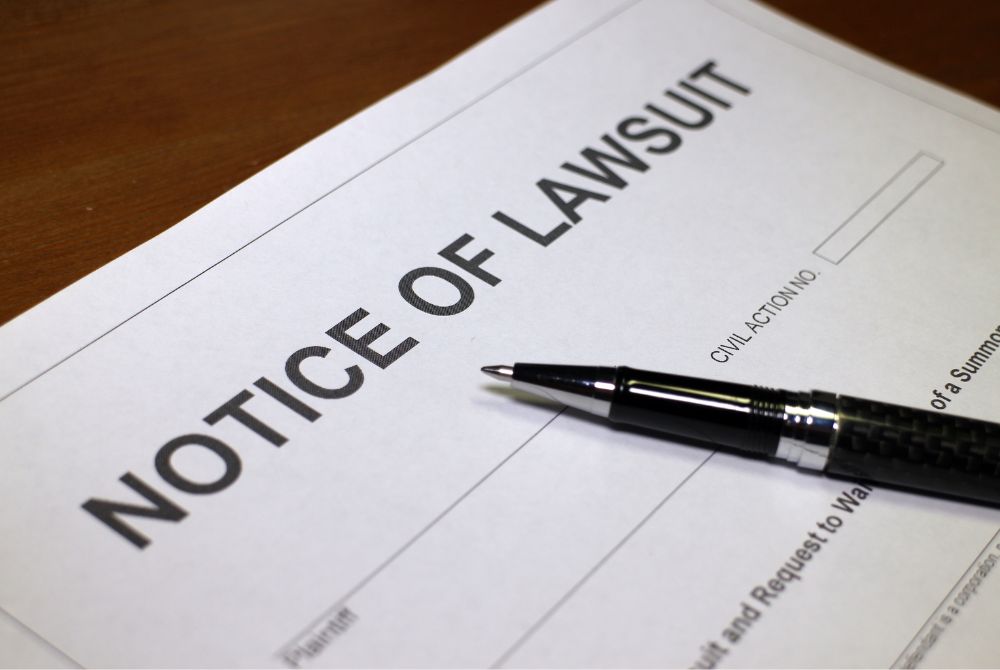Public records lawsuits—do they aid or undermine democracy?
Sometimes government says public records plaintiffs “have an agenda.” Requestors say, yes, their agenda is to shed light on government operations and at times shed light on government malfeasance.
Sometimes, requestors say government has an agenda to avoid accountability… while government says they must comply with public records law and cannot always release the requested records.
A retired schoolteacher in the city of Langley on Whidbey Island, WA who has filed numerous public records lawsuits on principle has been criticized for filing lawsuits “just to prove a point.” But isn’t that the point? Government is supposed to comply with the law.
Plus, public records law can be set up to deal with this. When a requestor’s requests and lawsuits are more calculated to harass and abuse public employees, then the courts have procedures for limiting or punishing frivolous and vexatious lawsuits. Some states, such as Florida, have statutes that provide a “bad-faith” defense such that a requestor who files a lawsuit in bad-faith can be required to pay the public agencies legal fees.
All of this shows that mutual respect, rather than accusations about agendas, is the better approach.
I represent news media, bloggers, publishers, and citizens interested in government access, and others who operate under the First Amendment—public records; public meetings; newsgathering; avoiding defamation lawsuits; suing Anti-SLAPP violators. My job is to help you get the records and access you need, help you get the story, help you get the story without getting arrested, help get the story published without defaming anyone, and then defend the story after publication.
If you need help with any of these areas and don’t have an attorney already, contact me: [email protected]. This post is not intended to be legal advice and does not form the basis of a lawyer-client relationship.
